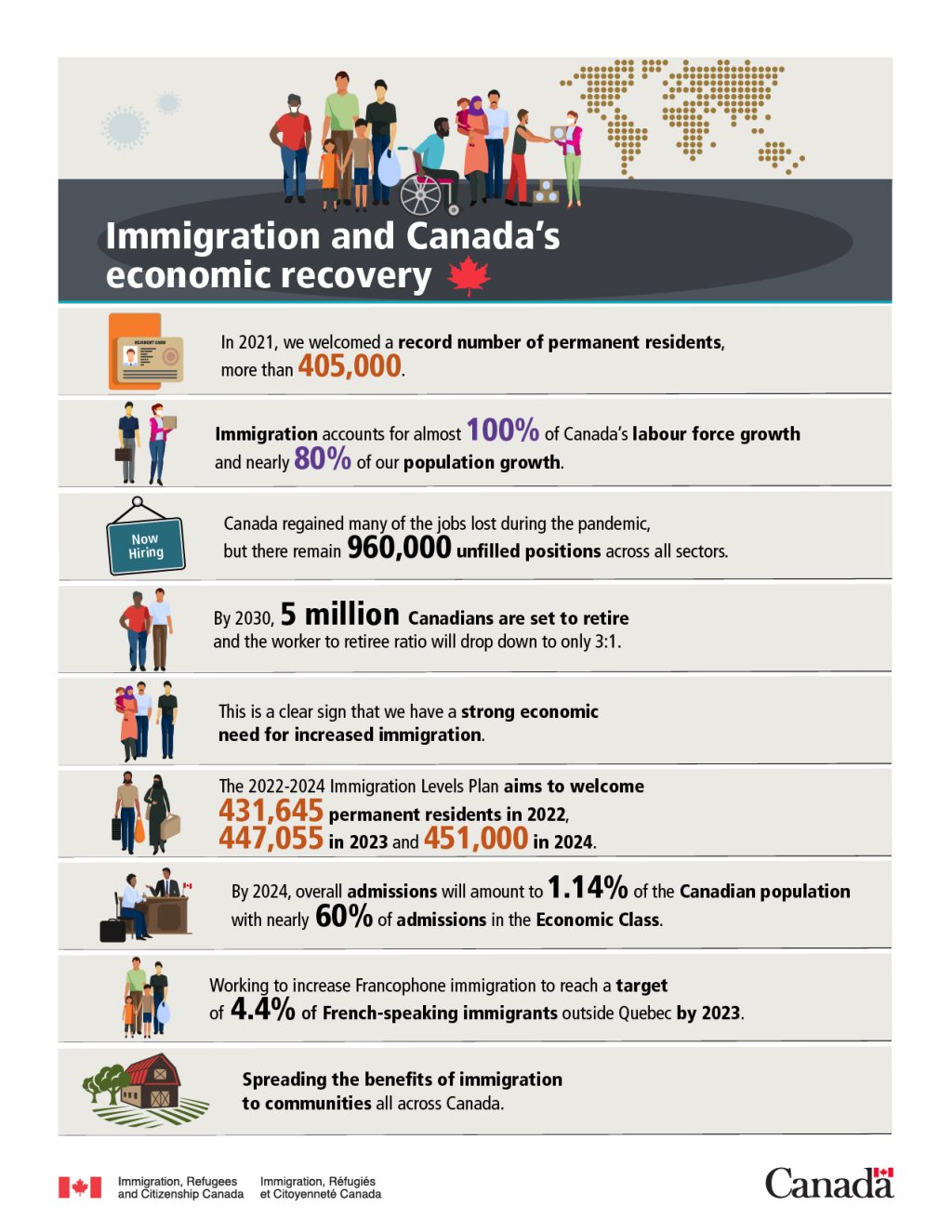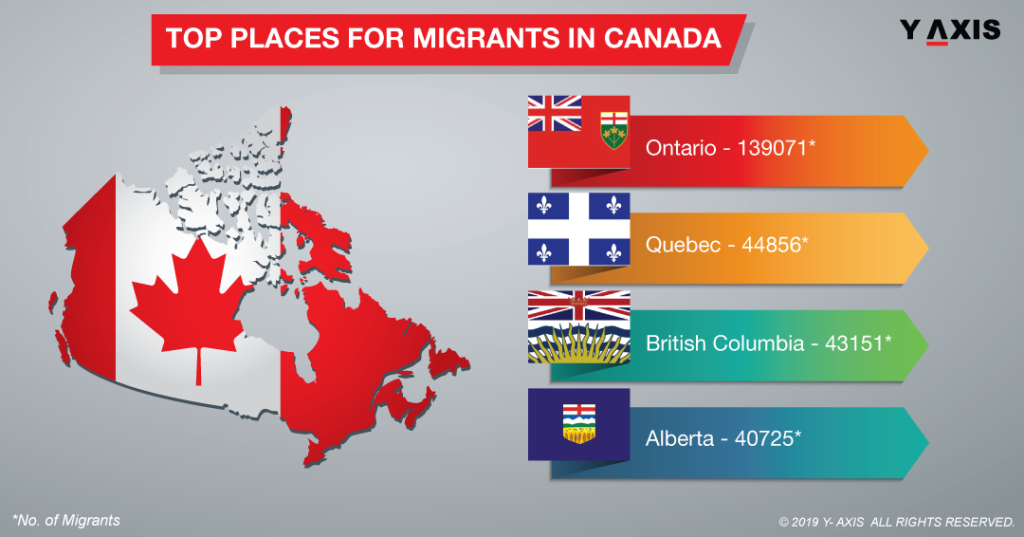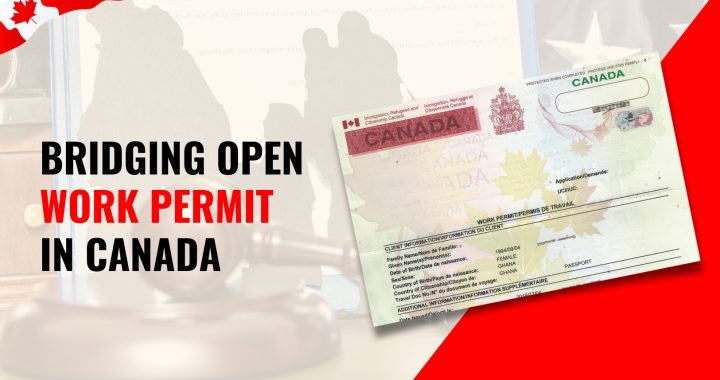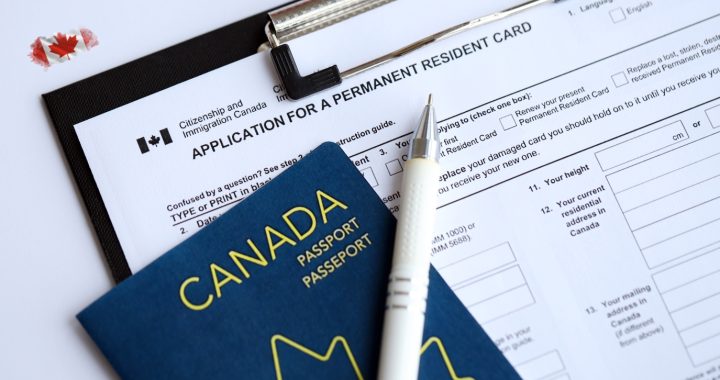Why are Immigrants Needed in Canada? Read On for the Details.

Why are Immigrants Needed in Canada
The need for immigrants in Canada has been increasing with the changing figures and conditions of the economy of the country. They are crucial to the structuration and stabilization of the Canadian economy. So even though many Americans don’t have jobs and there is a lot of unemployment, immigrants are necessary for the Canadian economy.
The Aging Population of Canada
The labor force of Canada is constantly fading, putting a lot of pressure on the Canadian economy. While the population is aging, the birth rate is lowering. These two factors are leading to the pressure exerted on the economy in the absence of an adequate labor force:
- There is also the problem of retirement. It has been estimated that by the year 2030, the baby boomers of Canada will cross their age for retirement. Around 23 % of the population will be 65 or more by then. This is going to create a huge vacancy in the job sector.
- The country is now facing an unprecedented rate of retirements. The fertility rate of Canada has been estimated to be 1.5 babies per woman which is quite not in sync with the replacement rate looming around 1.2. Employers are now becoming concerned about this disparity.
Therefore, the ratio of people retiring and living a longer life than the number of eligible students graduating from school is much bigger than what it should be, creating a great imbalance in the socio-economic space of Canada.

Immigrants’ role in the Canadian Economy
It has been recorded in Organization for Economic Co-operation and Development (OECD) data that it is Canada at present facing the biggest labor shortages among the Western nations.
Hence, the immigrants are not only required for serving as cheap labor for the industry and pay taxes, but also enhance the economy by bringing in a consumption boost by spending money on housing and other forms of consumption. The main purpose of immigrants is to:
- To meet the needs of the economy by creating jobs and providing labor
- To provide help and support to refugees
- To bring together family members through citizenship
It is the immigrants who are expected to bring about a balance in the economy by solving the problem generated in the population structure.
Canada’s Immigration Policy
Canadian immigration policies are framed in a way to support the continuous influx of immigrants from different parts of the globe. The Immigration Levels Plan of the year 2022 aims to welcome about 430,000 new permanent residents within the country. While the plan aims to accept most of the population (around 60 %) as a part of the economic class, there is much in the family class as well.
Economic Class
The economic class comprises all those sets of immigrants who have received the grant for entering the country after having passed the Express Entry system where they submit their profile and receive a score by the Comprehensive Ranking System. A large section of these immigrants enters the health and social service sector which in 2016 provided health-related jobs to around 335,000 immigrants. There are about 13% work in the housing and food services sector, 11% work in the professional services sector, and about 10% provide service in the manufacturing and transportation sectors.
Family Class
The Canadian policy has a provision that allows immigrants to bring in their family members through sponsorship. An individual can sponsor a permanent resident status to their partner, parent, grandparent, or child whom they support financially. Such reuniting moves are further supporting the economy by bringing in a consumer boost while also providing a sense of security to the immigrants working within the country. The mental support from their family further helps in improving their productivity and working capabilities.
Conclusion
It can be concluded that the Canadian economy is greatly dependent on the levels of immigration every year. The motive of the officials is to plan and develop a positive culture towards immigration for the better well-being of both Canadian societies as well as the economy.

 Moving to Netherlands: No Suffering, But Deep Regret and No Way Home
Moving to Netherlands: No Suffering, But Deep Regret and No Way Home  Canada Visitor Visa Document Checklist for Smooth Processing of Visitor Visa Application
Canada Visitor Visa Document Checklist for Smooth Processing of Visitor Visa Application  How to Extend Student Visa in Canada
How to Extend Student Visa in Canada  Ultimate Guide to the Bridging Open Work Permit in Canada: Stay, Work, and Thrive
Ultimate Guide to the Bridging Open Work Permit in Canada: Stay, Work, and Thrive  Estimate of Total Cost to Get Permanent Resident Status in Canada as Updated in 2025
Estimate of Total Cost to Get Permanent Resident Status in Canada as Updated in 2025  From Temporary to Forever: Your Ultimate Guide to Canada’s Temporary Resident to Permanent Resident Status in 2025
From Temporary to Forever: Your Ultimate Guide to Canada’s Temporary Resident to Permanent Resident Status in 2025  The New Era of Canadian Study Permits: Impacts and Challenges for International Students
The New Era of Canadian Study Permits: Impacts and Challenges for International Students